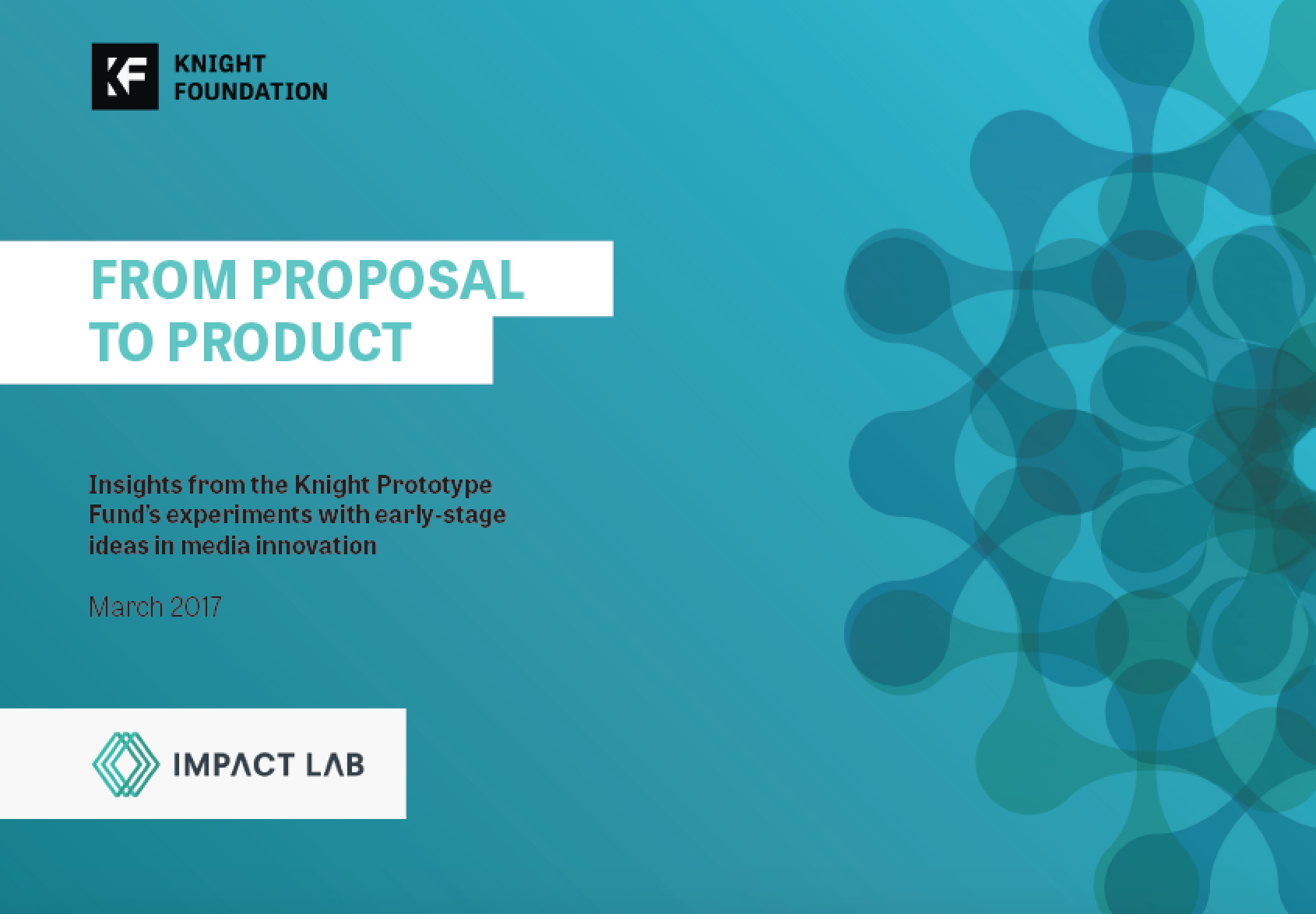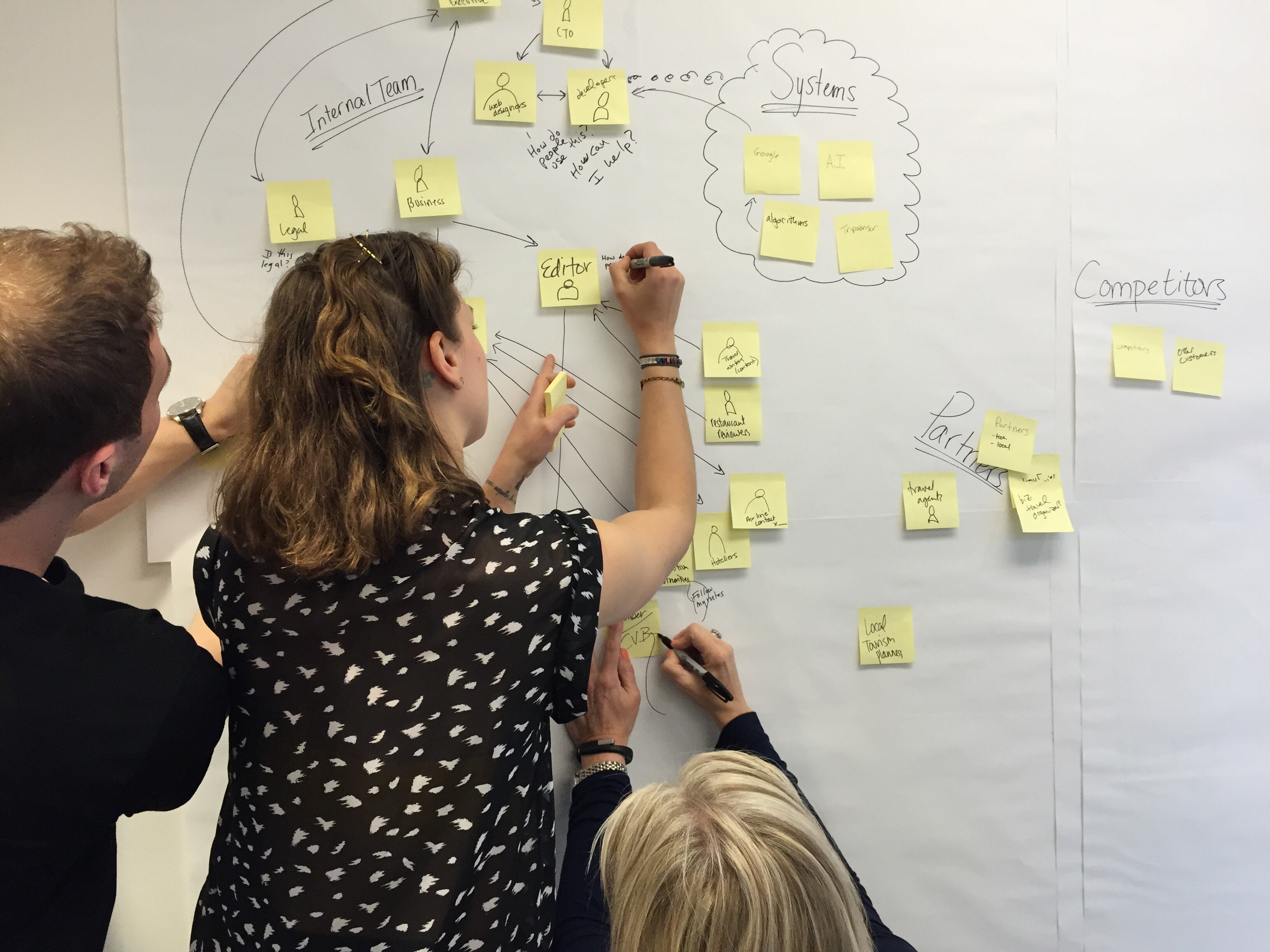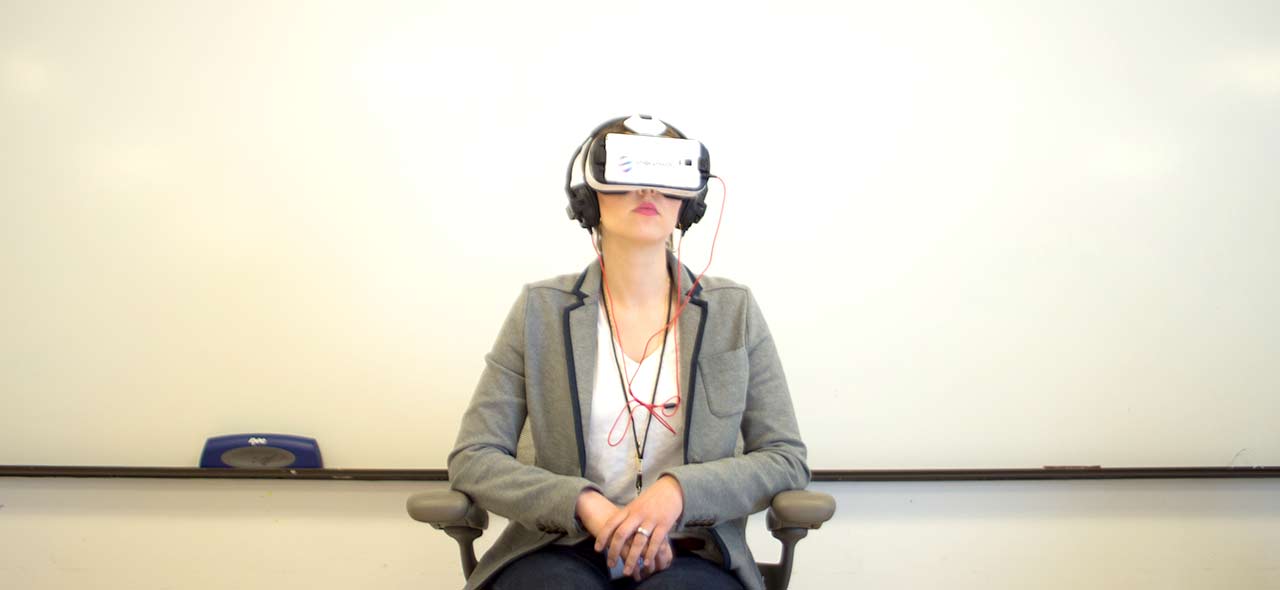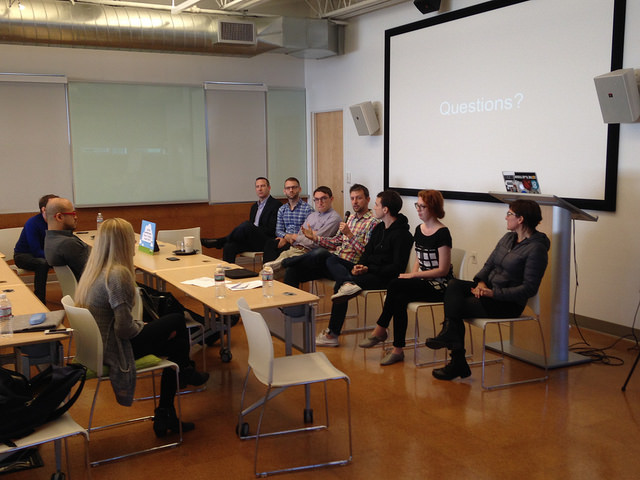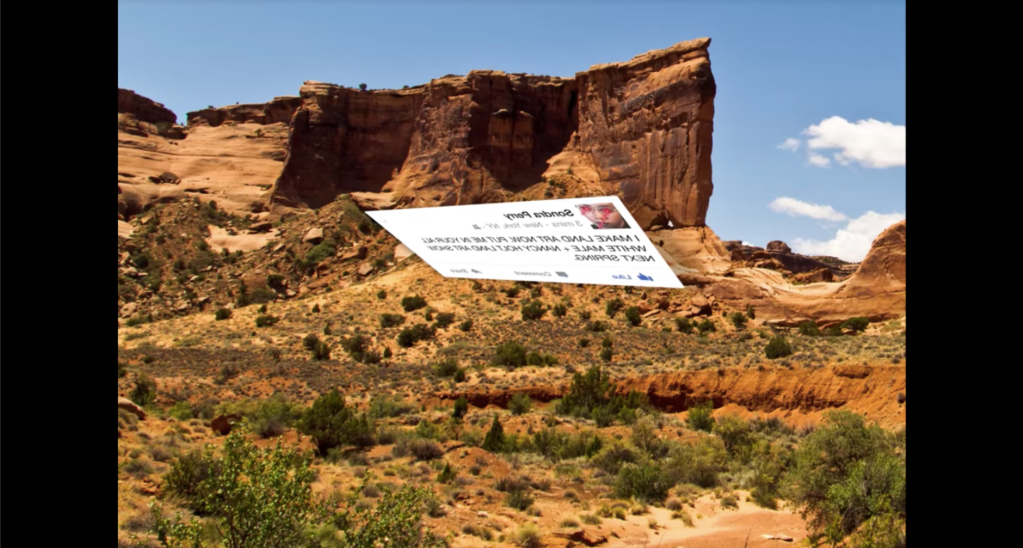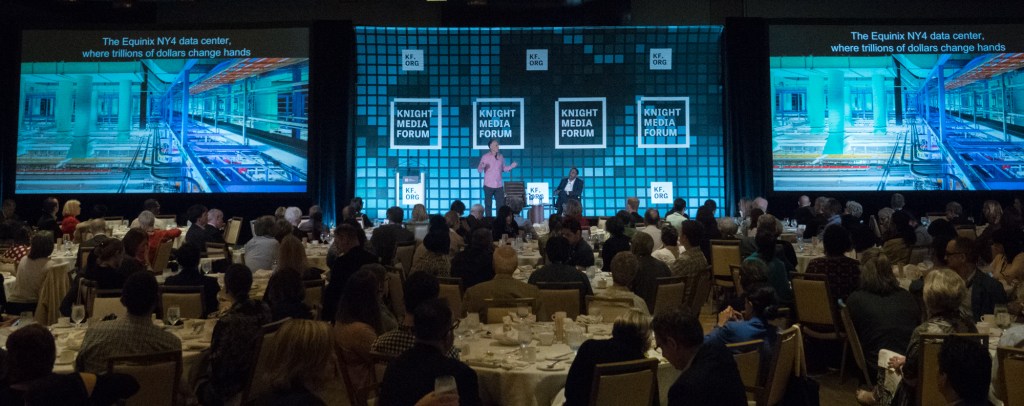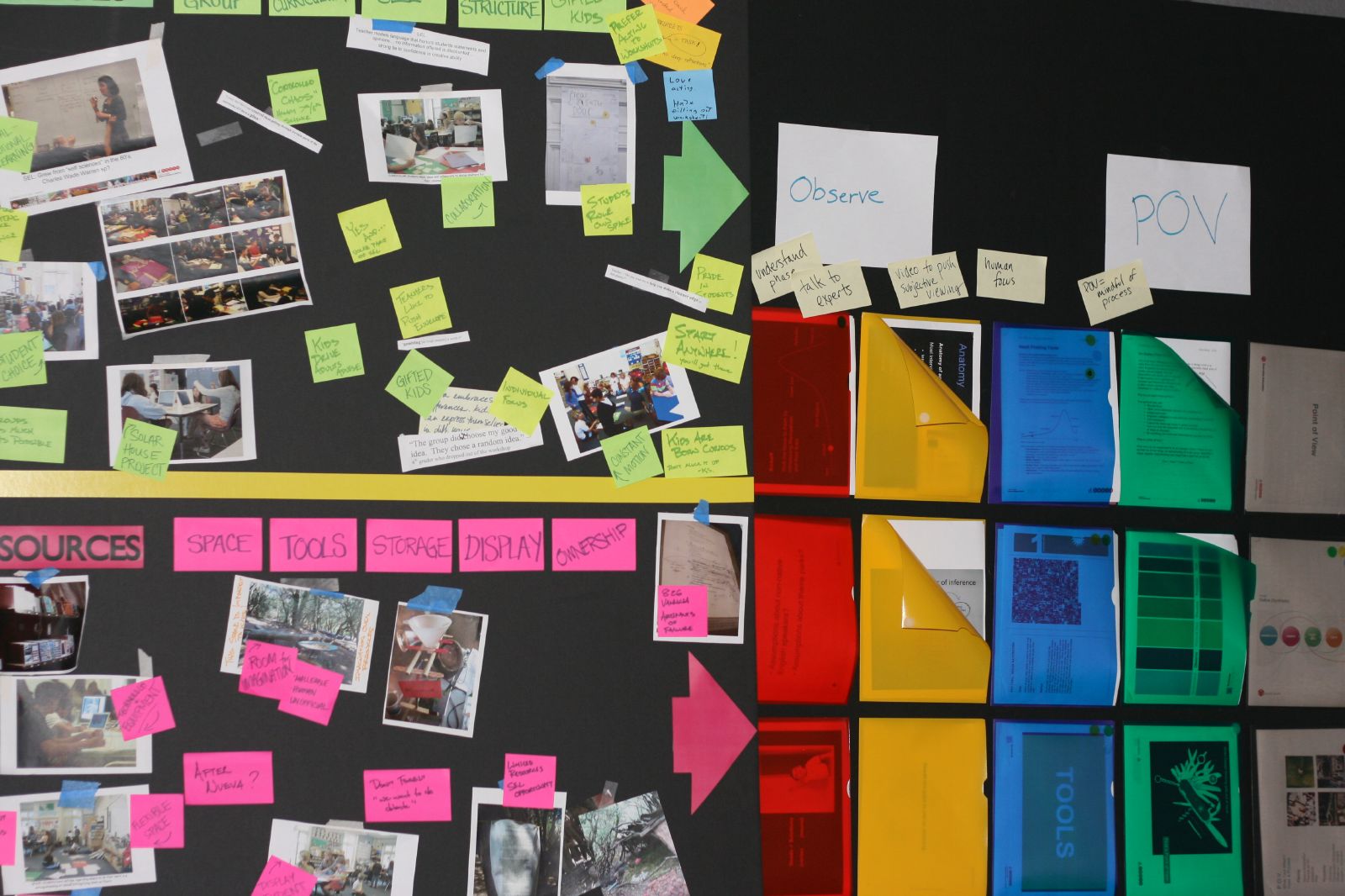
What the Knight Prototype Fund revealed about funding early-stage information projects
When we launched the Prototype Fund in 2012 our goal was to help innovators push media, journalism and civic information projects forward by giving them an avenue to build fast, fail forward and learn quickly. The initiative recognized that the speed of innovation, coupled with the low-cost of experimentation opened an opportunity for innovators to test, iterate and change direction before building out a project. This type of nimble, early-stage risk investment was new for Knight Foundation and new for philanthropy. We are relaunching the fund this month, with some changes based on what we have learned over the last five years. Most notably, future calls for ideas will focus on specific topics, a move from broad experimentation to targeted issues in the fields where Knight Foundation works.
Today we are releasing a report, “From Proposal to Product,” highlighting insights from the early years of the Prototype Fund. We designed the program out of a belief that human-centered design along with an iterative approach to technology development produces better results. Through a quarterly open call for applications, cohorts of prototype award recipients went through human centered design training that encouraged them better understand the needs of those impacted by their work. The process made room for mistakes, but also discoveries.
Dean Haddock of StoryCorps recalls the impact of design thinking on his organization: “There is simply the StoryCorps before human-centered design and the StoryCorps after, where we are today. The team culture and the way we approach our work — in the Digital Team for sure, but also in other departments and divisions — are remarkably different and much more evolved. I think [human-centered design] may have been a missing link we’ve needed for a while. I see it as a windfall both for myself and the organization to have been introduced to [human-centered design], and it was one of the most valuable but least anticipated results of the Knight prototype award.”
We’ve invested nearly $9 million in 255 projects through the Prototype Fund since 2012. While many didn’t move beyond prototype, most teams expressed the value that the process brought to their work and the creation process. The report conducted by The Impact Lab says, “The vast majority of grantees recall the human-centered design training provided by LUMA Institute as being the most valuable part of their Prototype Fund experience. Grantees discussed how it has influenced their work far beyond the funded Prototype Fund project.” Some prototype participants brought LUMA into to their organizations.
In addition, many projects did scale and even received support from Knight and others to continue their journey. Some examples:
Heartmob: In addition to Knight Foundation funding of $516,000, Hollaback! has attracted support from the Digital Trust Foundation and Civic Hall Labs for its Heartmob project.
Webrecorder: Rhizome’s Webrecorder project has received $600,000 from the Mellon Foundation, in addition to $200,000 in funding from Knight Foundation and support from Google and the New York State Council on the Arts.
OneDegree: OneDegree has received a $250,000 reinvestment from Knight Foundation in addition to institutional funding from the Kresge Foundation, Highland Street Foundation, Dignity Health, Tipping Point Community Foundation, Sunlight Giving Foundation, and Yahoo Employee Foundation.
DAT: Code for Science and Society has received $900,000 in funding from the Alfred P. Sloan Foundation as well as $420,000 in support through the Knight News Challenge.
StoryCorps: StoryCorps received a $1 million TED Prize to advance the work that was funded under the Prototype Fund. Knight Foundation additionally supported the organization with $600,000 in funding.
Rebooting the Prototype Fund
As Knight Foundation examined how a range of forces could shape our work through a scenario planning process last year, we paused the Prototype Fund. One of the results of that process was to shift the focus of our team’s work across the foundation.
As we build out the next phase of the Prototype Fund, we’re shifting from a general call for ideas to a themed approach. We think this more targeted approach will allow us to not only continue to quickly develop ideas, but to test multiple solutions responding to current needs and opportunities. Our first new prototype call, which opens on March 13, will focus on growing concerns with trust in news and misinformation.
While much of the structure of the Prototype Fund will remain the same, our hope is that focusing each funding call on a specific topic will allow us to learn what works faster and make smarter investments. Based on what we learned, in part through the assessment, here is what we will change:
Increase the award amount to $50,000.
Increase the time of the project to nine months.
Find new ways to share what we learn around each theme.
Provide new training opportunities.
Thanks to everyone who has been a part of the Knight Prototype Fund over the years, and we look forward to exploring many new ideas through this process in the future.
Chris Barr is director for technology innovation at Knight Foundation. Email him via [email protected] and follow him on Twitter @heychrisbarr.
r
-
Information and Society / Report
-
Journalism / Article
-
Technology / Article
-
Technology / Article
-
-
Journalism / Article
-
Journalism / Article
-
Journalism / Article
Recent Content
-
Artsarticle ·
-
Artsarticle ·
-
Community Impactarticle ·
